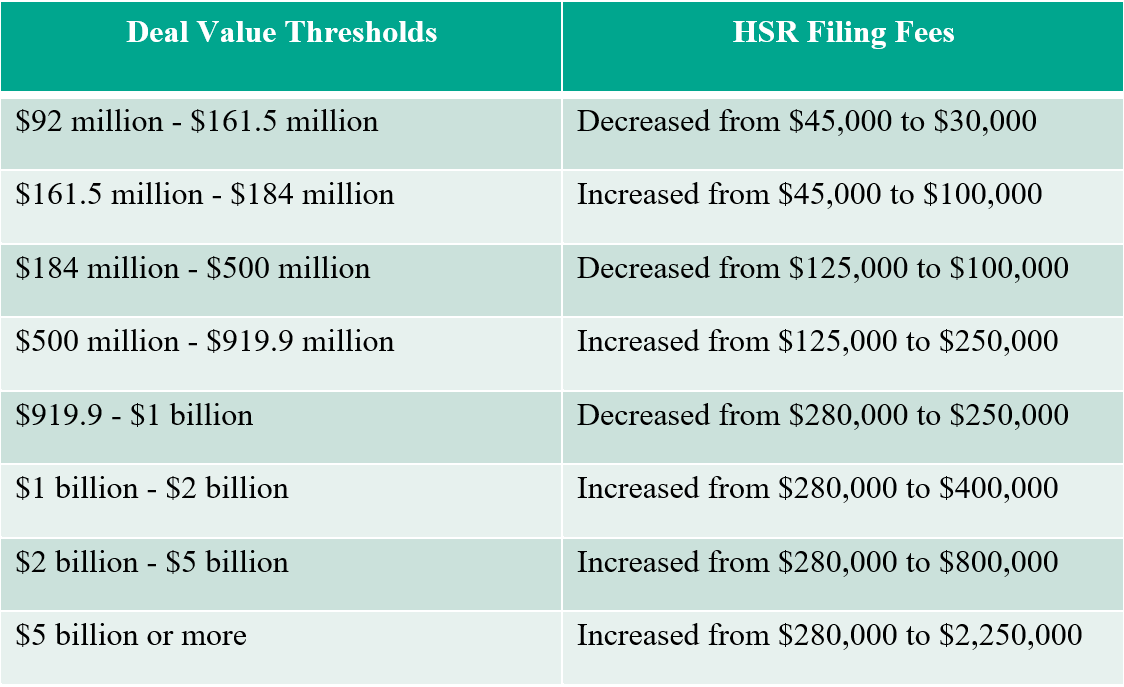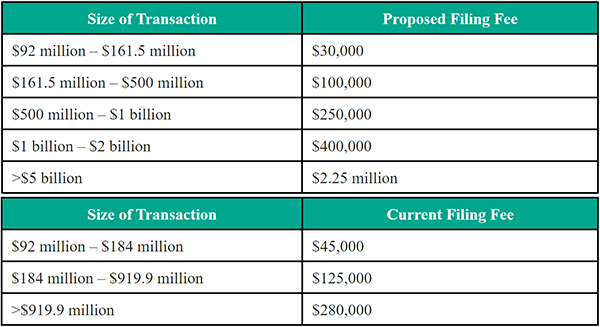In the United States, the US Department of Justice’s (DOJ) challenge of American Airlines and JetBlue’s “Northeast Alliance” after the joint venture’s approval by the US Department of Transportation earlier this year demonstrates the Biden administration’s commitment to aggressive antitrust enforcement. US President Joe Biden issued an Executive Order calling for tougher antitrust enforcement, including “encouraging” the DOJ and Federal Trade Commission (FTC) to modify the horizontal and vertical merger guidelines to address increasing consolidation. At the same time, the FTC, under Chair Lina Khan, continues its rapid pace of change to the merger review process.
Under a new interpretation of Article 22 of the EU Merger Regulation (EUMR), the European Commission (Commission) asserted jurisdiction over Illumina’s acquisition of GRAIL and Facebook’s acquisition of Kustomer, even though the transactions did not meet the Commission or Member State filing thresholds. The EU General Court confirmed a significant gun-jumping fine imposed on Altice for breach of the EUMR notification and standstill obligations.
In the United Kingdom, the UK government published plans to update antitrust rules, including revising its jurisdictional thresholds and expanding the “share of supply” test to allow the CMA to more easily capture vertical and conglomerate mergers, as well as acquisitions of startups. And the Competition & Markets Authority’s (CMA) handling of the Veolia/Suez transaction demonstrates the CMA’s willingness to engage with parties to seek practical interim solutions while it is investigating a consummated transaction for potential antitrust concerns.
read more

 Subscribe
Subscribe


